For many travelers, road trippers, and those facing difficult circumstances, sleeping in a car can seem like a practical option. However, before you rest your head in your parked vehicle, it’s vital to understand the laws that govern this activity in Virginia. Does sleeping in your car put you at risk of breaking the law in the Old Dominion? Let’s dive into what Virginia’s statutes actually say, the legal implications, and what you should know to avoid trouble.
Is It Illegal to Sleep in Your Car in Virginia?
Short Answer: It is not explicitly illegal under Virginia state law to sleep in your car, provided you do so in a safe and legal location. However, where, how long, and under what circumstances you sleep in your vehicle can make a big difference in terms of legality.
What Virginia Law Says
No Statewide Ban
Virginia does not have a statewide law that directly prohibits sleeping in your car on public property. The state’s code does not include any statute that makes it a crime to simply rest or sleep inside a legally parked, non-operating vehicle.
Location Matters: Local Ordinances and Parking Rules
While state law is permissive, local ordinances can impose restrictions:
- Most urban areas, towns, and cities have rules against overnight parking or loitering in public lots, parks, or streets.
- Residential neighborhoods may post “No Overnight Parking” signs or restrict vehicle dwelling.
- Some areas may broadly prohibit “camping” (which includes sleeping in your car) on public property.
Violating local ordinances can result in warnings, fines, or towing.
Rest Areas: Limited Stay Only
Virginia’s rest area rules specifically limit visitors to 2-hours:
- Overnight stays or camping at rest areas is not permitted (VDOT Rest Area Guidelines).
- Sleeping in your car at a rest stop beyond the permitted time may result in being asked to leave or being fined.
Private Property: Owner’s Permission Required
You may sleep in your car on private property only with the owner’s consent. Without permission, you risk being charged with trespassing.
Legal Implications and Potential Consequences
1. Trespassing:
Parking and sleeping without permission on private property (businesses, lots, driveways, etc.) can get you cited or arrested for trespassing.
2. Loitering:
Certain municipalities classify remaining in a parked vehicle overnight as “loitering,” which can carry fines or require you to leave.
3. DUI/DWI Laws:
A critical risk: If you are intoxicated behind the wheel—even if parked and sleeping—you can be charged with “physical control” of the vehicle under Virginia’s DUI laws, especially if you have the keys accessible. Courts sometimes consider being in the driver’s seat with access to start the vehicle as intent to drive while impaired.
4. Safety and Encounters:
Law enforcement may perform “wellness checks” if you’re seen sleeping in your car in an unusual spot, which can lead to questioning, or if suspicions arise, searches.
Best Practices for Sleeping in Your Car in Virginia
- Check local city or county ordinances before parking overnight.
- Rest only in designated areas that permit it—some campgrounds, truck stops, or certain ranges of Walmart lots (call ahead for permission).
- Do not park on private property without explicit, documented permission.
- Avoid sleeping behind the wheel if you have consumed alcohol or drugs, even if you do not intend to drive.
- Limit stays at rest areas to the posted maximum time (usually 2 hours).
- Be respectful and discreet—draw minimal attention to yourself and comply promptly if approached by law enforcement.
Frequently Asked Questions
Q: Can I sleep in my car at a Virginia rest area overnight?
A: No. Rest areas have a 2-hour maximum stay and do not permit overnight camping or extended rest. Law enforcement may ask you to move on if you overstay.
Q: Is it legal to sleep in my car on a public street?
A: Only if it does not violate local street parking rules or loitering ordinances. Many cities restrict overnight parking, so check for posted signs or municipal codes.
Q: What if I’m too tired to drive? Can I pull over and nap?
A: You are encouraged to rest if you are fatigued, but you must pull over in a legal, safe place—preferably a rest area (within the time limit), truck stop, or public location where it is permitted.
Q: Can I be charged with DUI if I sleep in my car after drinking?
A: Yes—you risk a DUI if you are found intoxicated behind the wheel, particularly if the keys are in the ignition or within reach, as Virginia law may interpret this as being in control of a vehicle.
Q: Are there any safe legal spots to sleep in my car?
A: Some campgrounds, certain truck stops, and (rarely, with permission) some retail parking lots or churches may allow overnight parking. Always ask for permission and check signs.
Conclusion
While Virginia does not have a blanket ban against sleeping in your car, the legality depends heavily on where and how you do it, along with your condition behind the wheel. Paying close attention to local ordinances, avoiding private property without consent, and steering clear of DUIs are all crucial. When in doubt, research your destination’s rules—or find a safe, legal spot like a paid campground for overnight rest.
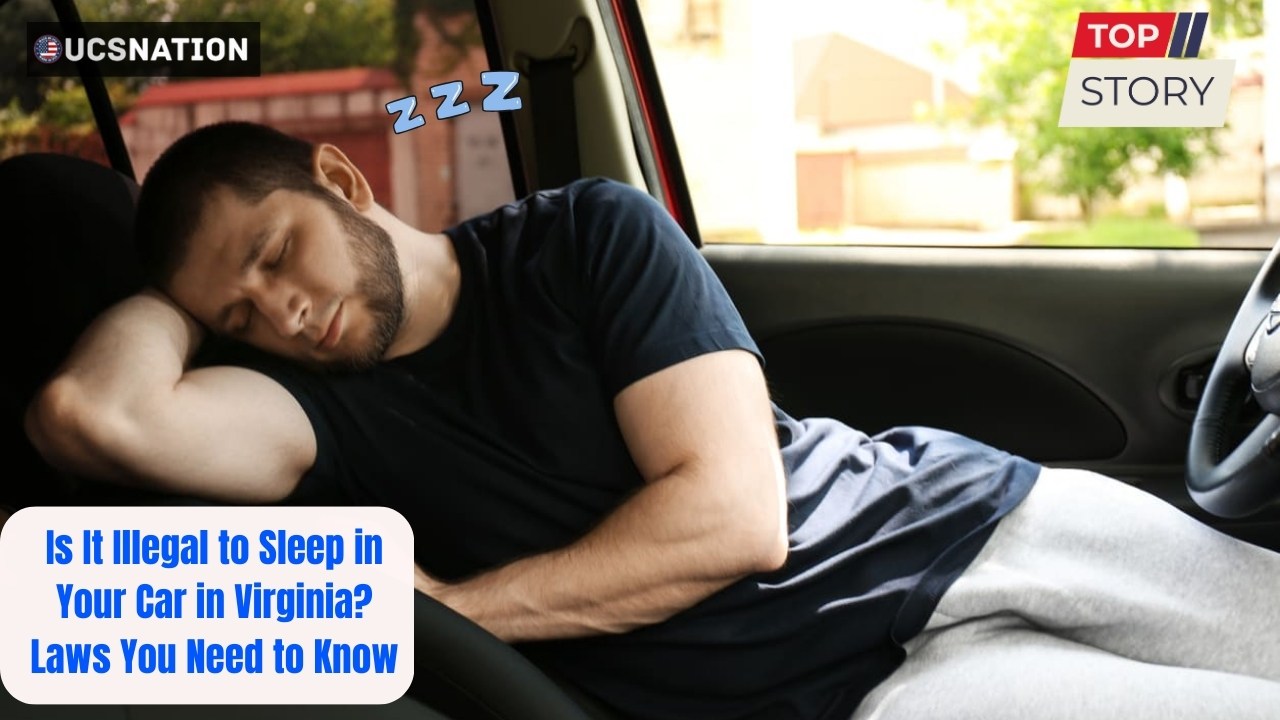
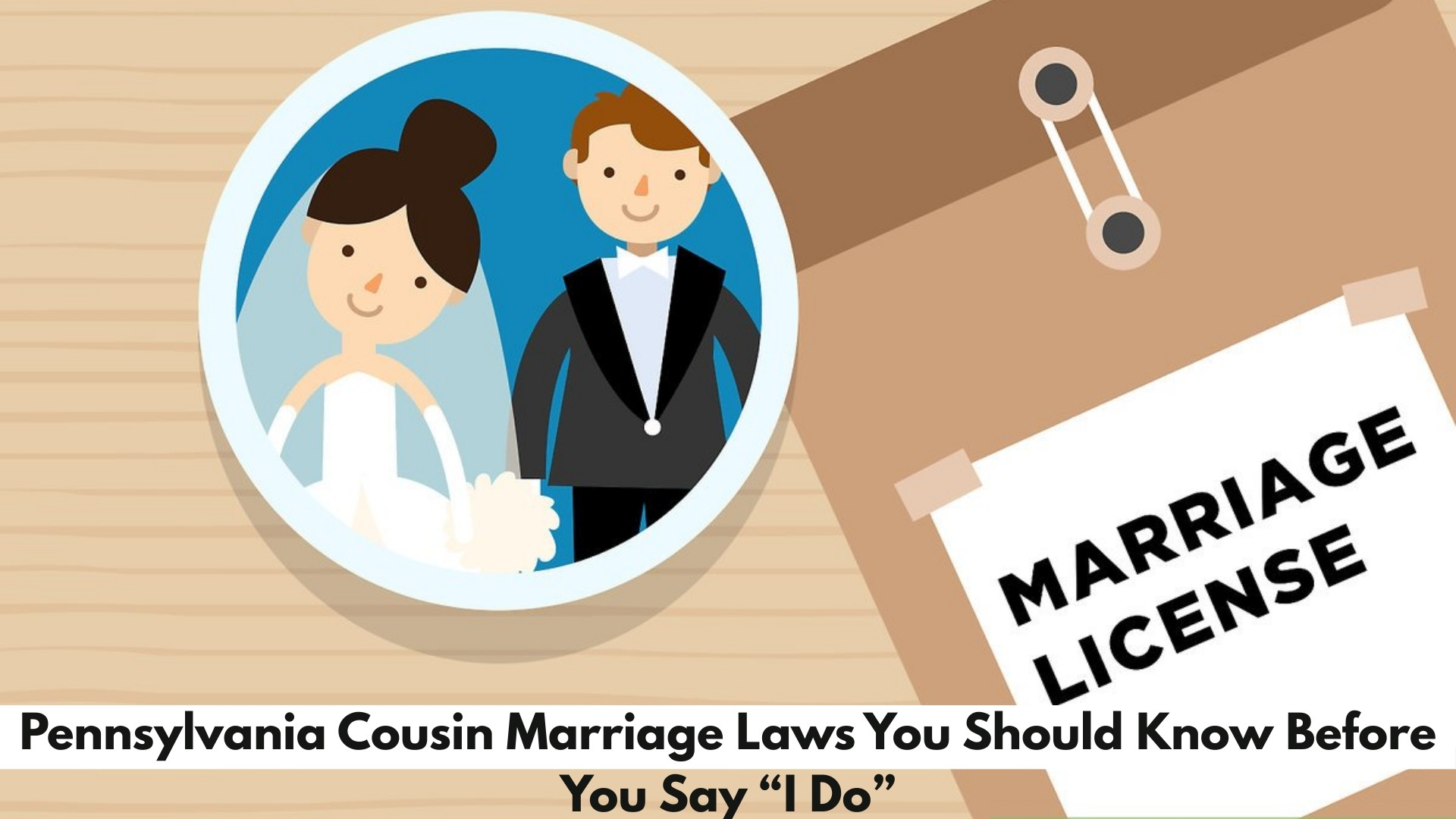

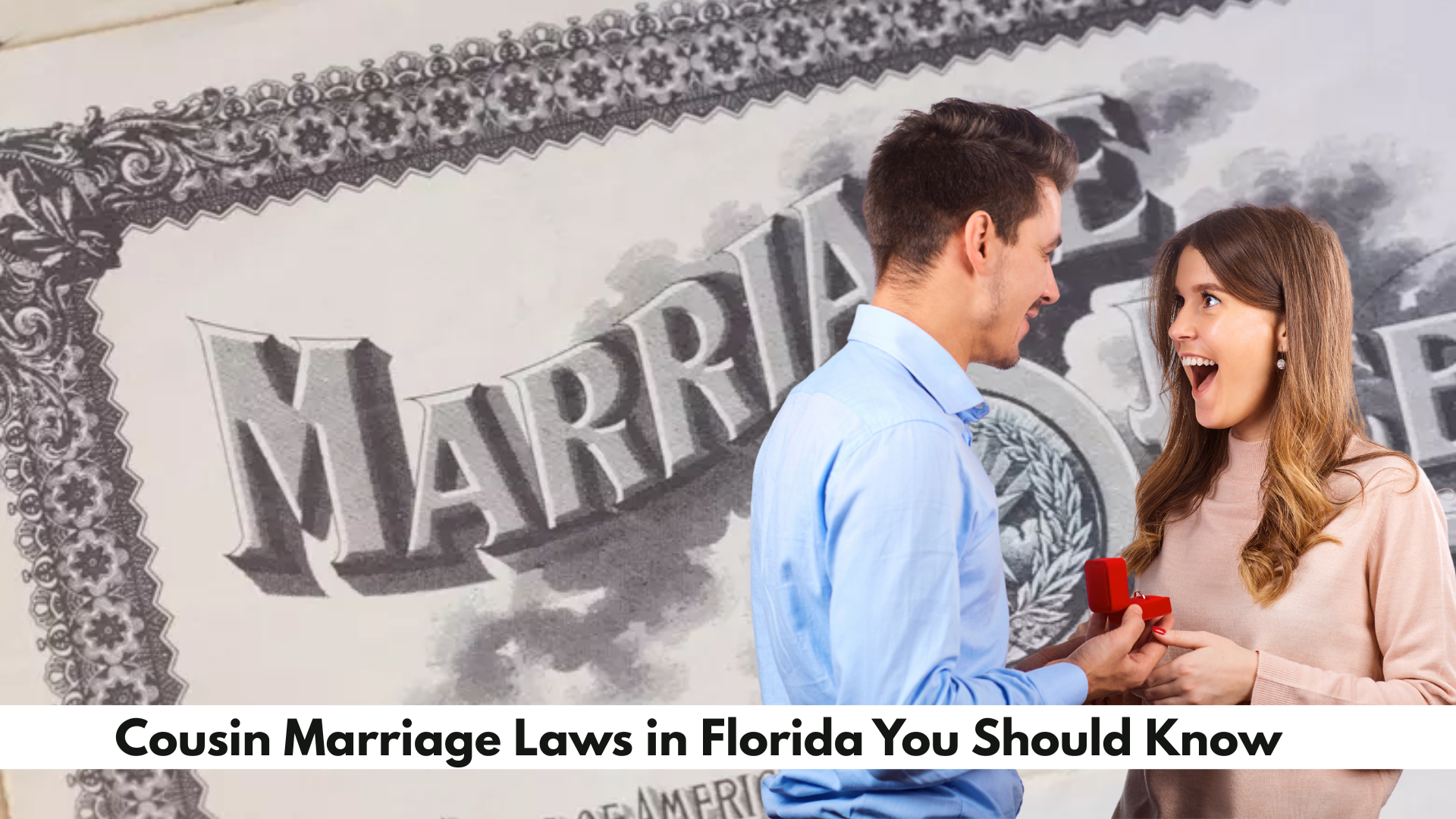
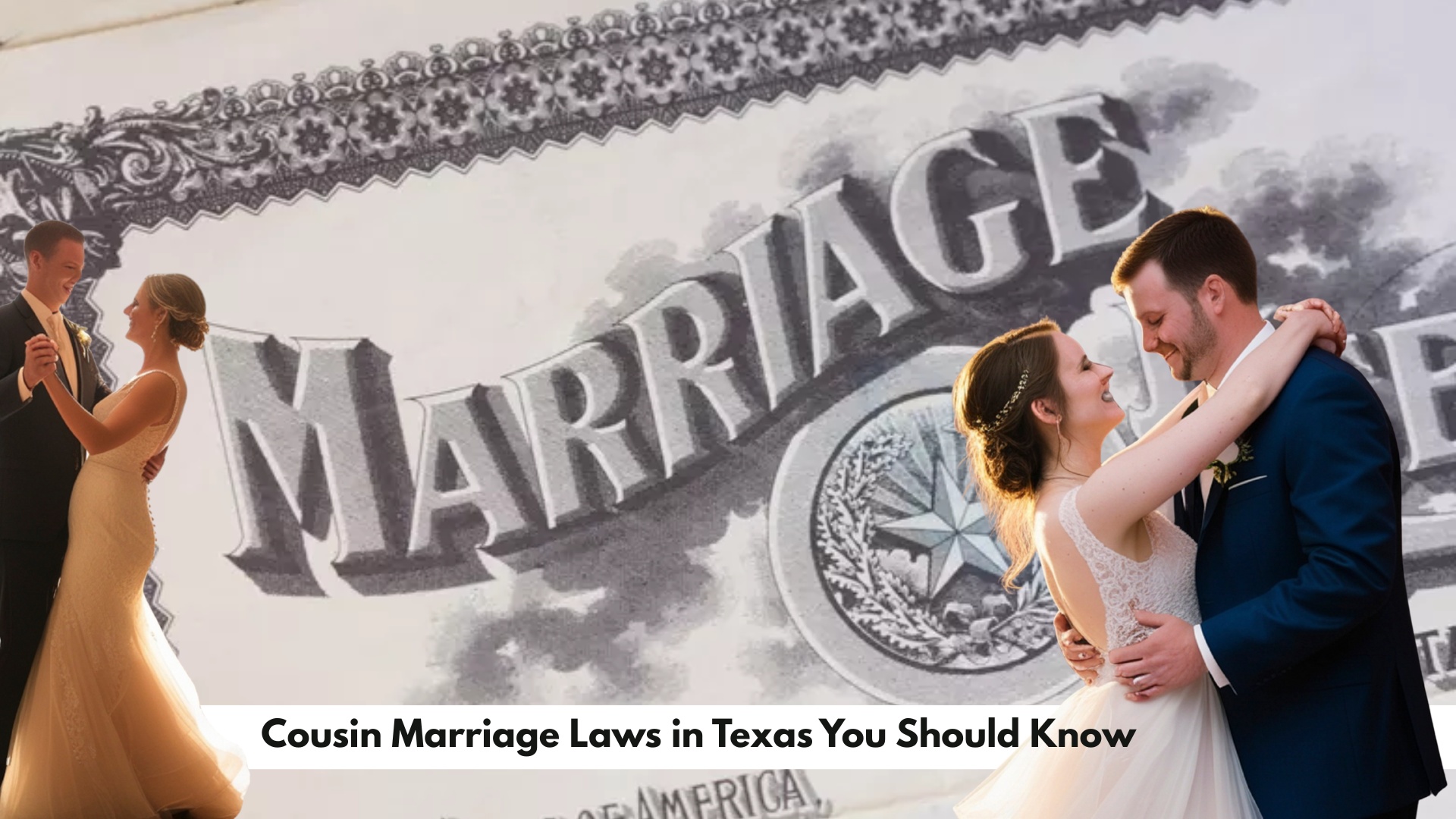

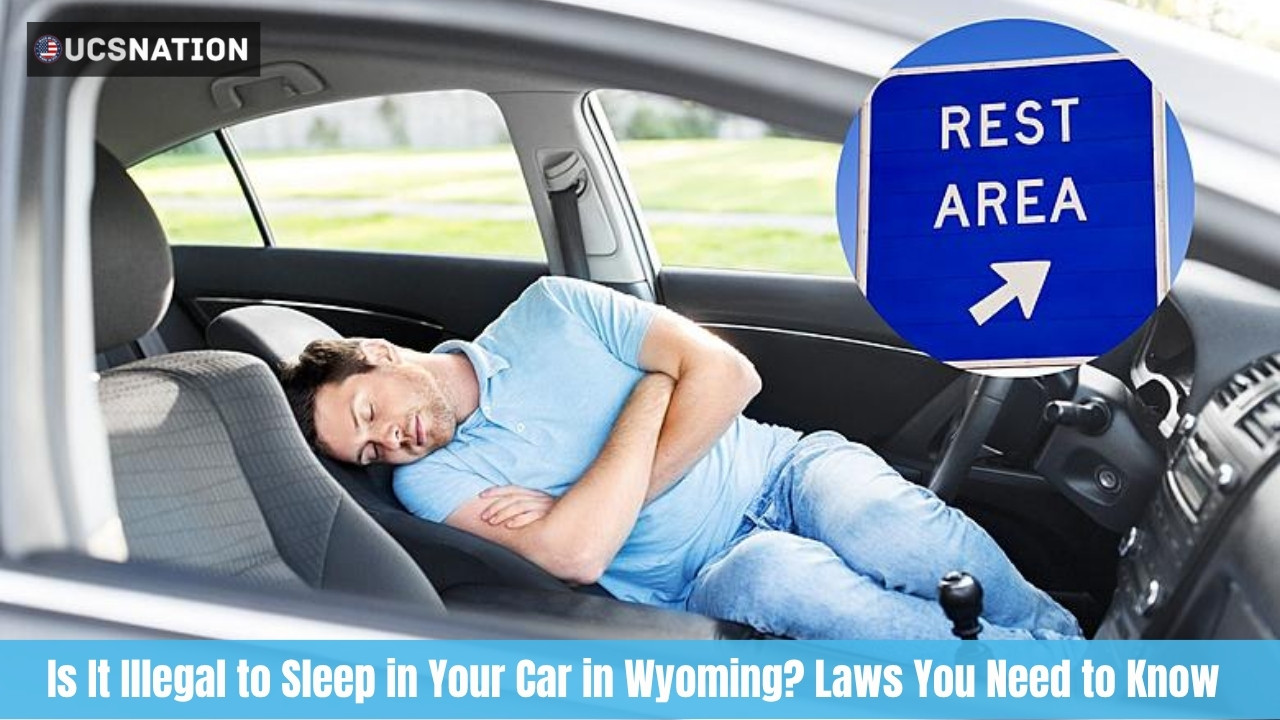
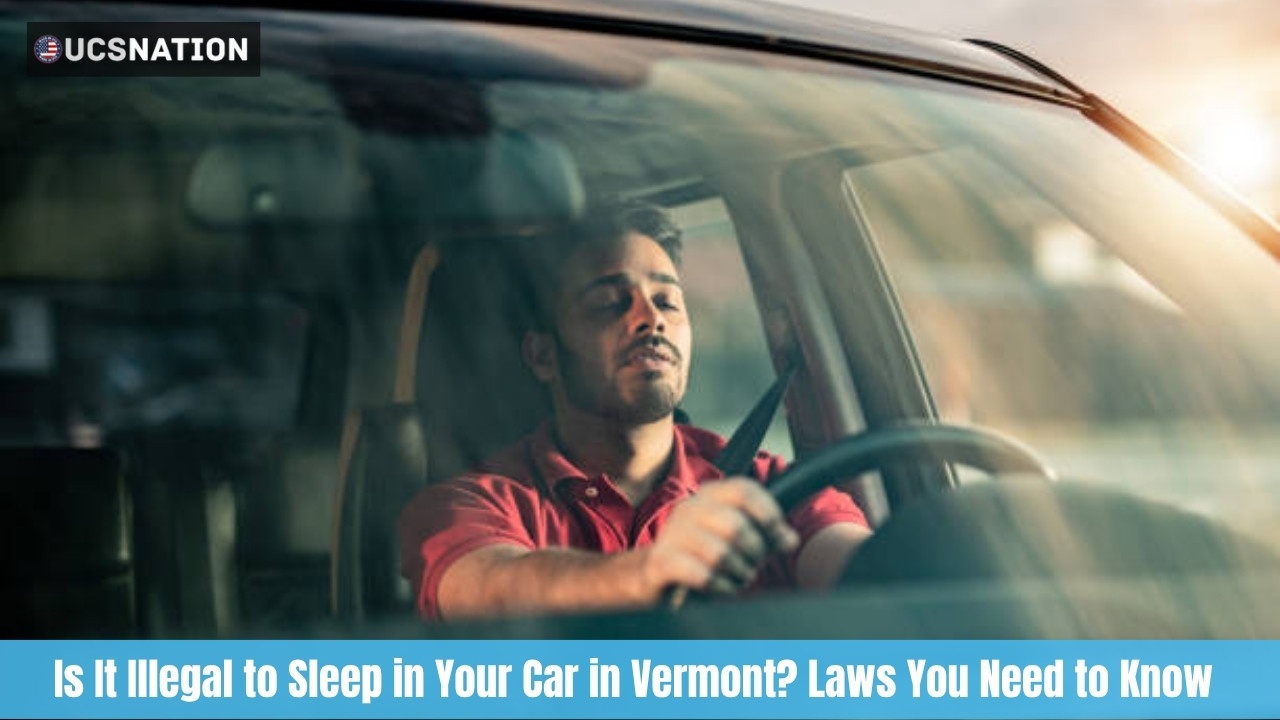
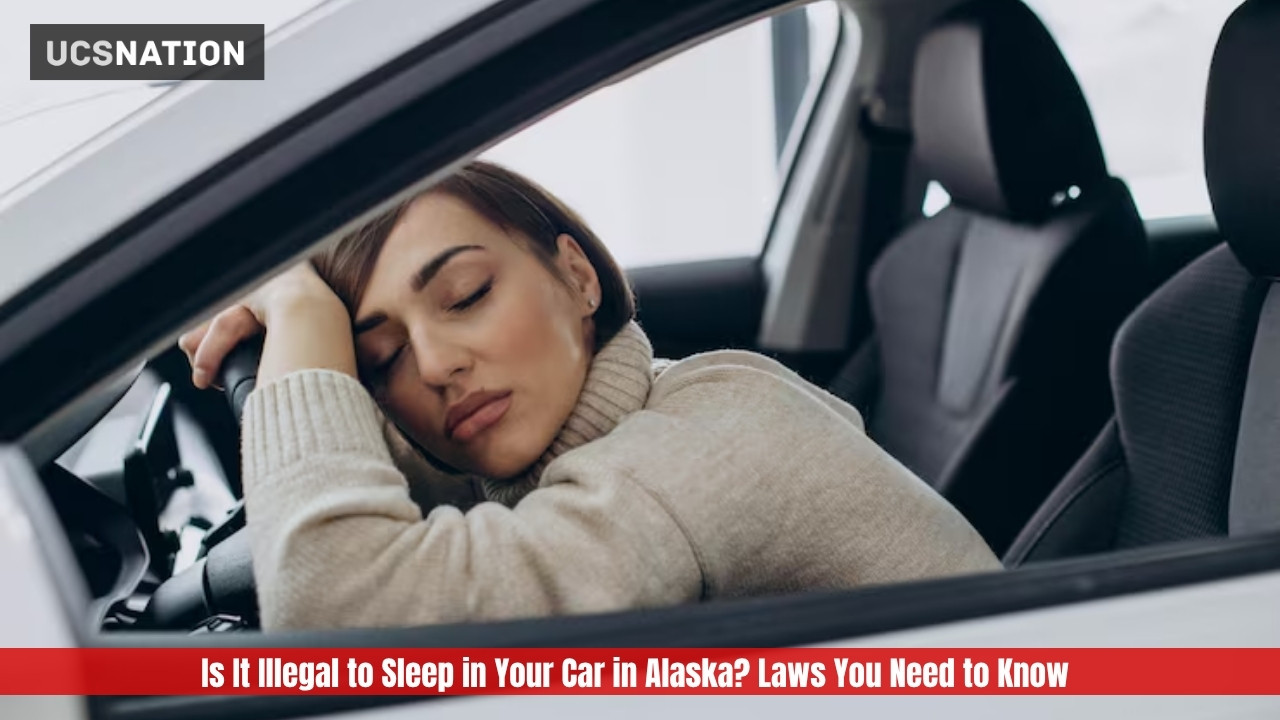
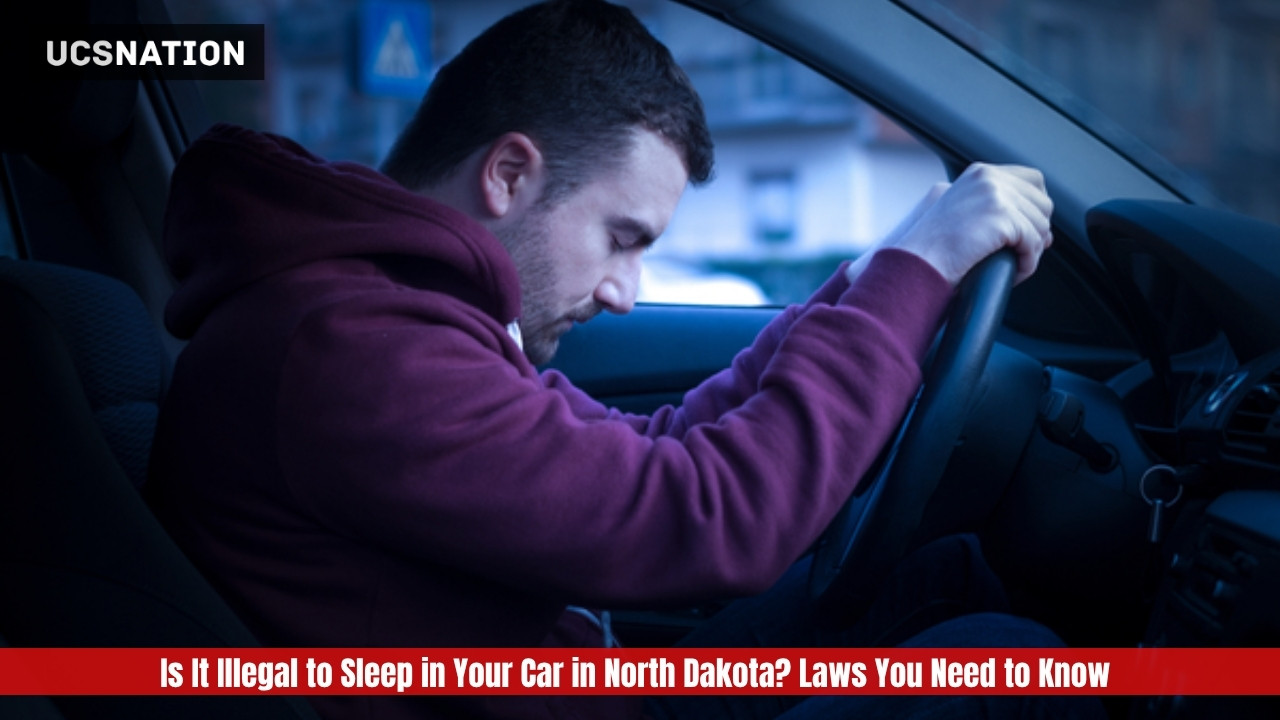
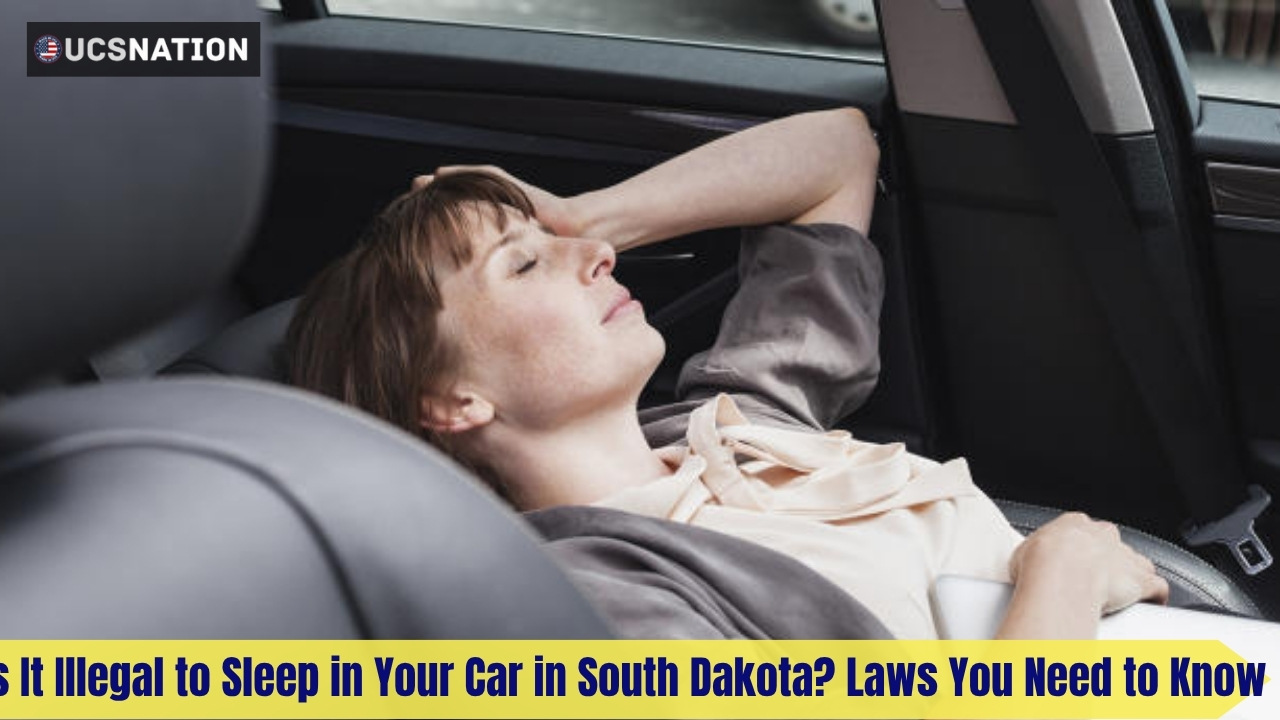




Leave a Reply